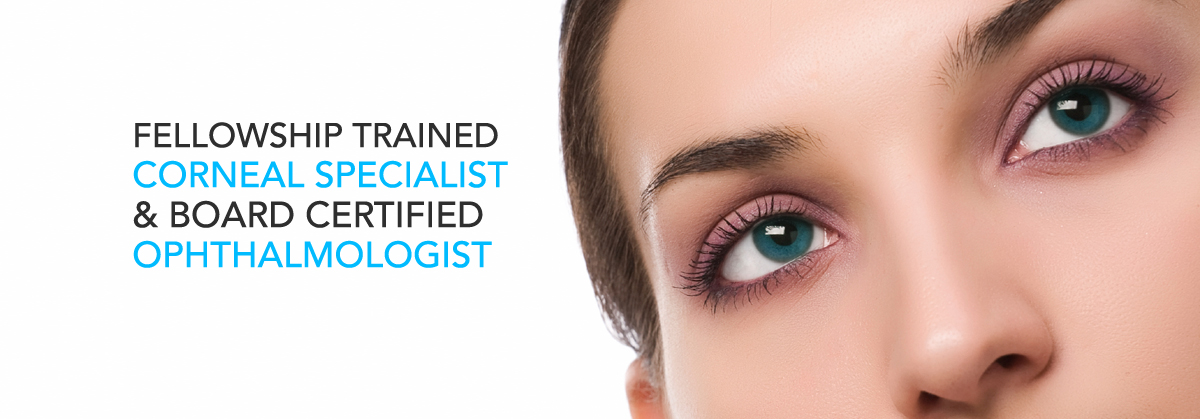General Ophthalmology
Pediatric Eye Care
Ocular examination of infants and young children is focused primarily on identifying abnormal visual acuity and crossed eyes (strabismus). By the age of four all children should be tested for normalcy of visual acuity and ocular alignment. Abnormal vision may result from refractive error (myopia, hyperopia and astigmatism) or may exist because of lazy eye (amblyopia). The former is treated with eyeglasses, while the latter may require occlusive therapy such as patching. Crossed eyes are frequently treated surgically. Pediatric glaucoma, cataracts, corneal and retinal disease are all uncommon entities that are screened for during a young child's complete eye examination. Older children, teens and young adults are better able to cooperate during an eye examination and can participate in subjective assessment of refractive error. A comprehensive eye examination in this age group will also look for diseases including kerataconus, uveitis and glaucoma.
Adult Eye Care
In young adults( 20 to 40 years of age), the incidence of significant eye disease is low, but changes in refractive error may occur. For those with a diagnosis of refractive error, annual evaluation of vision is advised. Contact lens wearers may require more frequent observation. In adults 40 to 65 years of age, there is an increasing frequency of significant ocular disease. Problems include glaucoma, uveitis, retinal disease, and cataract. A comprehensive evaluation every two years is recommended. An exception to this is among African Americans, who as a community have a higher risk of glaucoma. Annual comprehensive eye examinations are indicated to screen for glaucoma in this community. Presbyopia, a disorder of reading vision, develops and progresses in this age group, necessitating regular visual examination to address reading difficulties. For individuals 65 years old or older, the American Academy of Ophthalmology recommends annual examination by an ophthalmologist, even in the absence of symptoms.
For more information about General Ophthalmology, or to schedule an appointment, please complete our online form or call (973) 328-6622.






